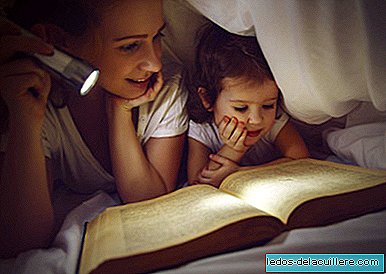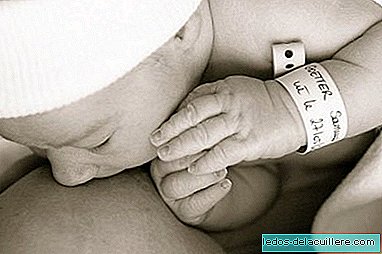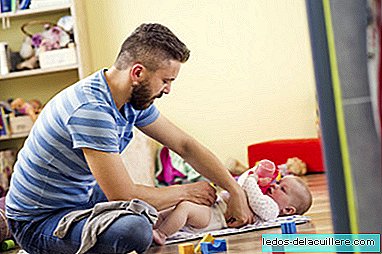
Compulsory education in Spain is established at six years, age at which children begin to attend the first course of primary education.
Taking this into account, it seems the most logical thing to be at age six when children begin to discuss different contents and subjects and begin to learn the various subjects that are part of each person's culture, including learning to read and read. writing.
However, the social pressure and the imperative need of parents and some administrations to create the most intelligent children taking advantage of their ability to learn when they are young has made, so far, that content and literacy have advanced to the four years, when the children are in preschool.
A Cambridge University study criticizes these methods and suggests that Children should start learning to read and write, and therefore to receive the various subjects, at least six years old..
According to experts, children from three to five years old should receive a teaching that will help them improve their self-knowledge, relationship with other children and adults, verbal language and trust or, what is the same, leave numbers and lyrics for later, taking advantage of the learning potential, not to absorb subjects, but to learn to relate to each other, to dialogue, to understand and understand their classmates and to do so enjoying the game and the energy they have (little used if we sit before a book or tokens several hours a day).
But now they play a lot in preschool, right?
It is true that preschool is increasingly advocating to eliminate books and use the game as a methodology of choice, however the schools that are carrying out these types of projects are being quite misunderstood in a world where parents love that our son is the smartest in the neighborhood (and in saying this I remember those parents who fight because their 3 year olds do one or two hours a week of English and computer science, for example ).
In my city, without going any further, there are two schools in which children under 5 do not know what a textbook is. As there are no books, parents feel that their children are not doing anything. They do not appreciate progress in what they would value positive ("you already know how to count to 20", "you already know the alphabet", ...) and for this situation the criticisms towards the direction of these schools are incessant.
And if they are not learning, what do they go to school?

Children who are lucky enough to go to a school that leaves subjects for a more advanced age they are learning to be people, to live, to communicate, to share, to play, to enjoy life (which I say we are in the world for that), but parents, who seem to have forgotten that they were once children, close their eyes to a world in which only the results prevail.
No hurry
There is no hurry to learn, because as we have said on numerous occasions in Babies and more, several European countries delay the learning of literacy at ages between six and eight years.
Having said that, and pigeonholed as we are in our system that we believe is perfect, it sounds atrocious, however it has been observed Children learn to read better when they are able to understand what they are reading.
What is the point of having an eight-month-old baby learn to say "green" if he is unable to understand what it represents? Well, the same sense as teaching a four-year-old child to read when he is unable to understand many of the concepts he reads.
At the end of the day, the important thing is to offer children resources and alternatives so that they feel they participate in the learning process, so that they want to learn and enjoy learning.
If the situation is forced and they begin to put materials and records with four years, when the interests of children focus on other things, there is a risk that they simply lose the desire to learn (and there is nothing worse than go to a site, day after day and year after year, to do something you don't feel like doing).












